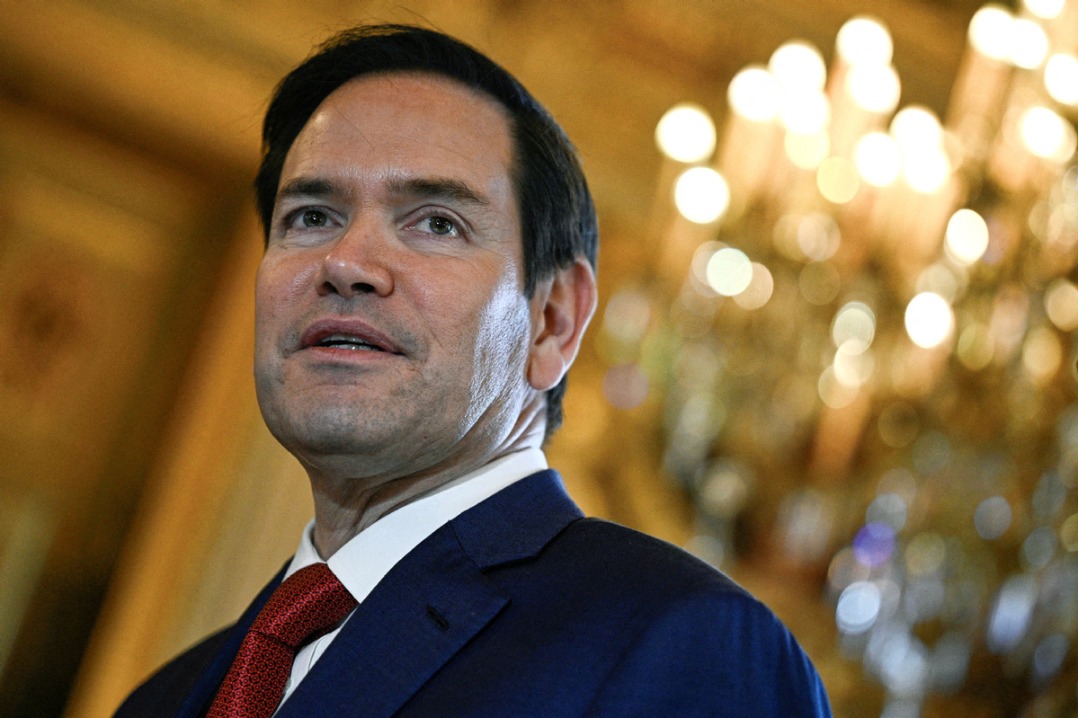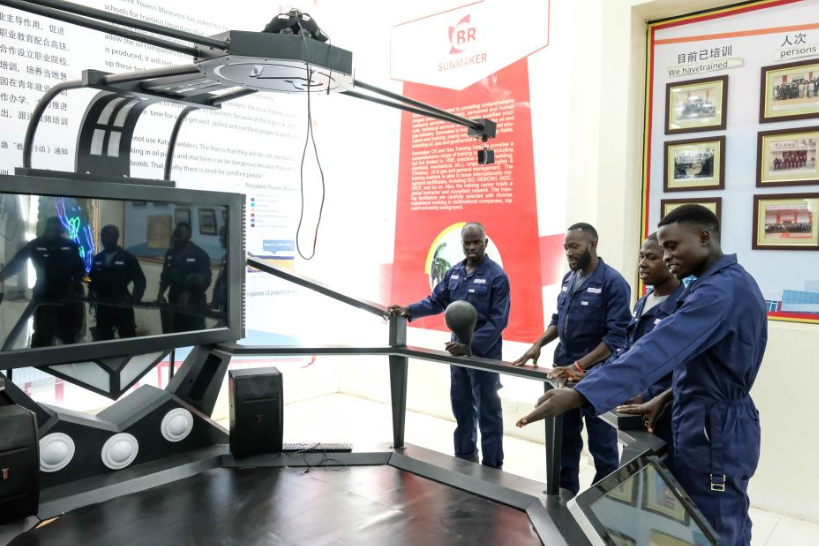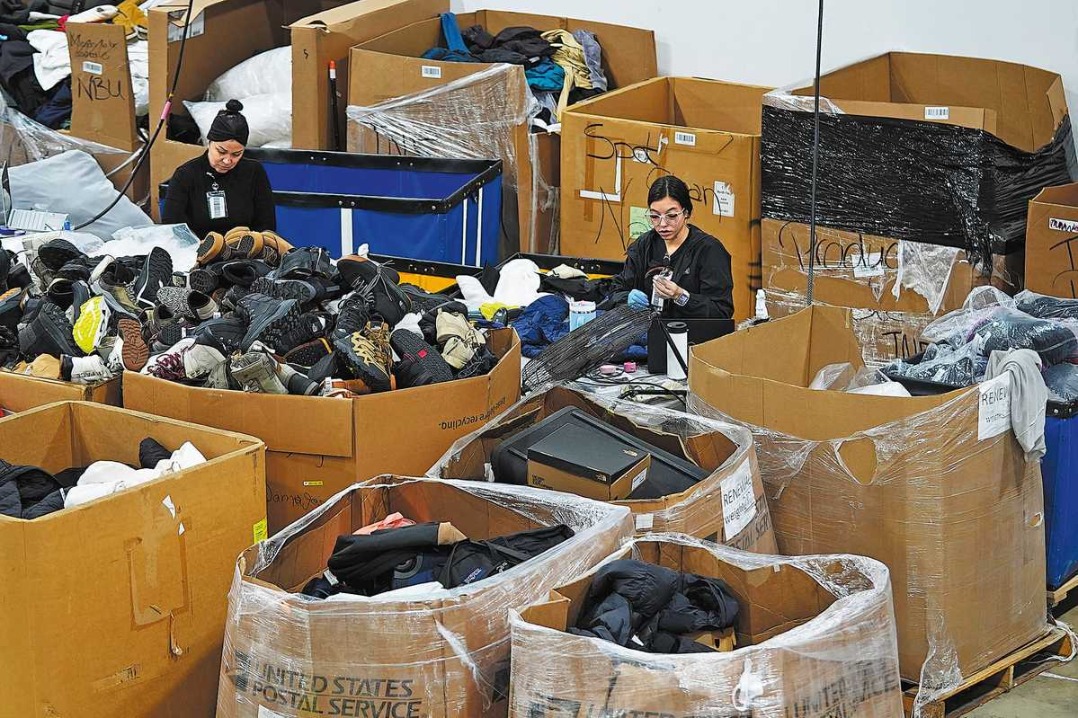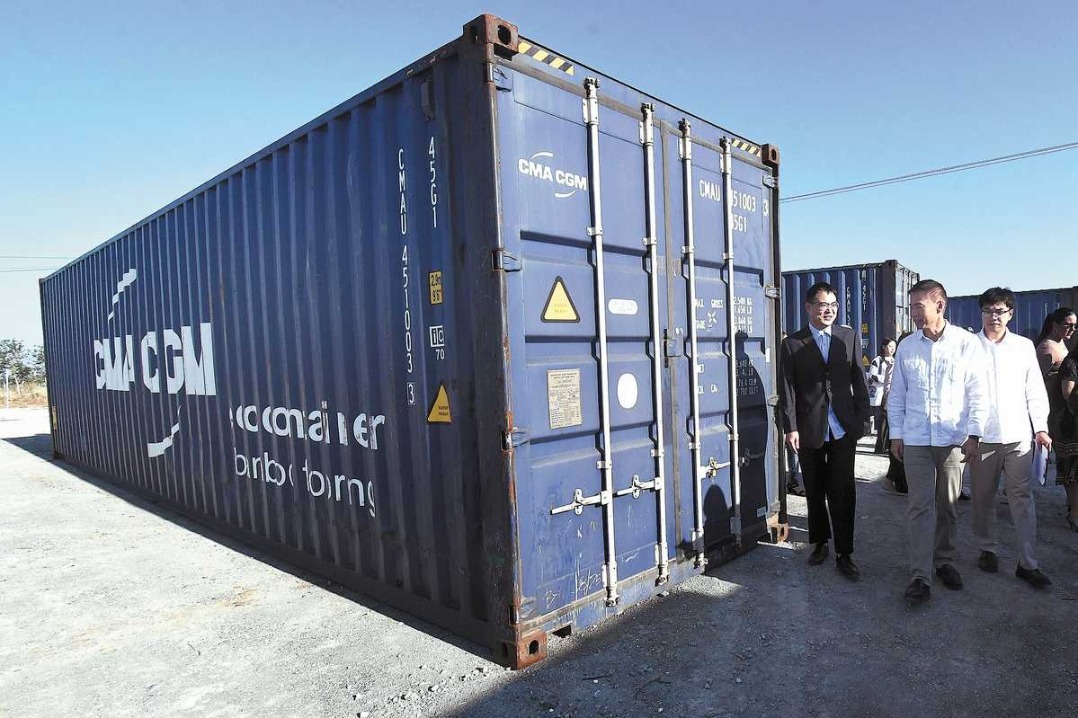State Dept of US unveils overhaul plan

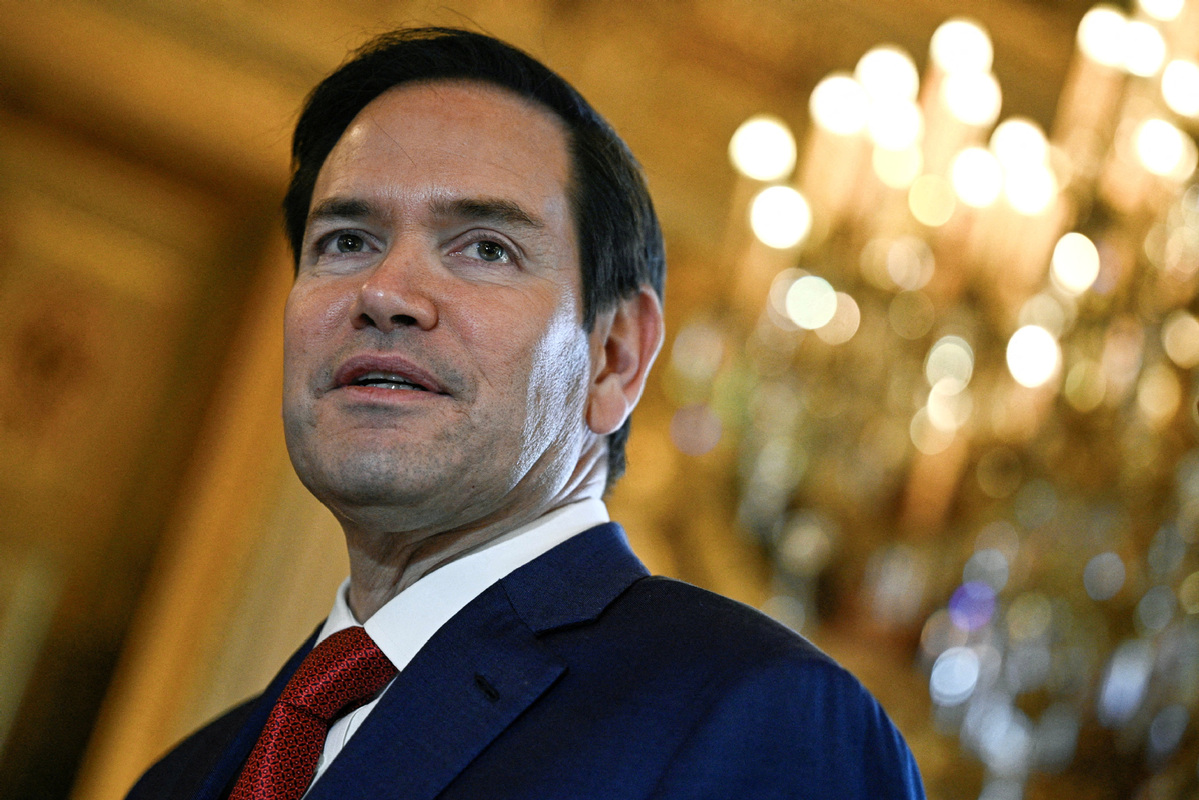
WASHINGTON — US Secretary of State Marco Rubio on Tuesday announced a comprehensive plan to reorganize the US State Department, aiming to deliver on US President Donald Trump's "America First" foreign policy.
Rubio said in a statement that "we are facing tremendous challenges across the globe" and "in its current form, the department is bloated, bureaucratic, and unable to perform its essential diplomatic mission in this new era of great power competition".
"Over the past 15 years, the Department's footprint has had unprecedented growth and costs have soared. But far from seeing a return on investment, taxpayers have seen less effective and efficient diplomacy. The sprawling bureaucracy created a system more beholden to radical political ideology than advancing America's core national interests," Rubio noted.
"That is why today I am announcing a comprehensive reorganization plan that will bring the Department into the 21st Century," he said, adding: "This approach will empower the Department from the ground up, from the bureaus to the embassies. Region-specific functions will be consolidated to increase functionality, redundant offices will be removed, and non-statutory programs that are misaligned with America's core national interests will cease to exist."
The plan will reportedly reduce staff in the US by 15 percent and eliminate more than 130 domestic offices.
The changes would bring the total number of offices at the State Department's headquarters from 734 to 602. An additional 137 offices will be transitioned to another location within the Department to increase efficiency, CNN reported, citing an internal State Department fact sheet obtained by the news outlet.
The plan will cut around 700 positions in Washington, DC, and close offices focused on war crimes and global conflict, said the report.
But a new Bureau of Emerging Threats would be created to focus on cybersecurity and the proliferation of artificial intelligence, among other areas, The Washington Post reported.
Amid the efficiency campaign, Tesla CEO Elon Musk says he'll be spending less time in Washington, slashing government costs and more time running Tesla after his electric vehicle company reported a big drop in profits.
Meanwhile, Trump said on Tuesday he had no intention of firing the US Federal Reserve Chair Jerome Powell, just days after his statement that he would like to terminate the head of the US central bank caused a stock market sell-off.
"I have no intention of firing him," Trump told reporters on Tuesday. "I would like to see him be a little more active in terms of his idea to lower interest rates," he added.
Xinhua - Agencies

















